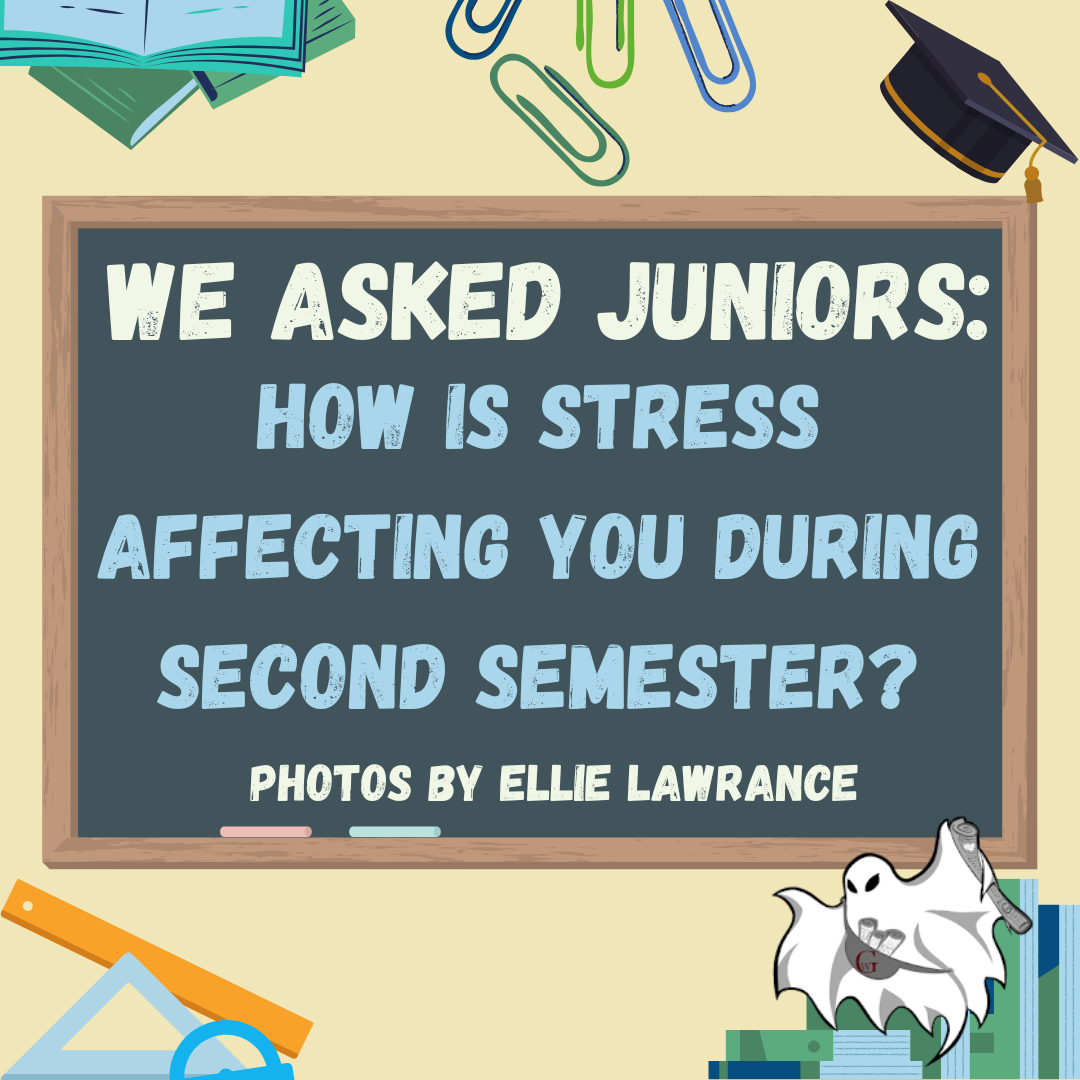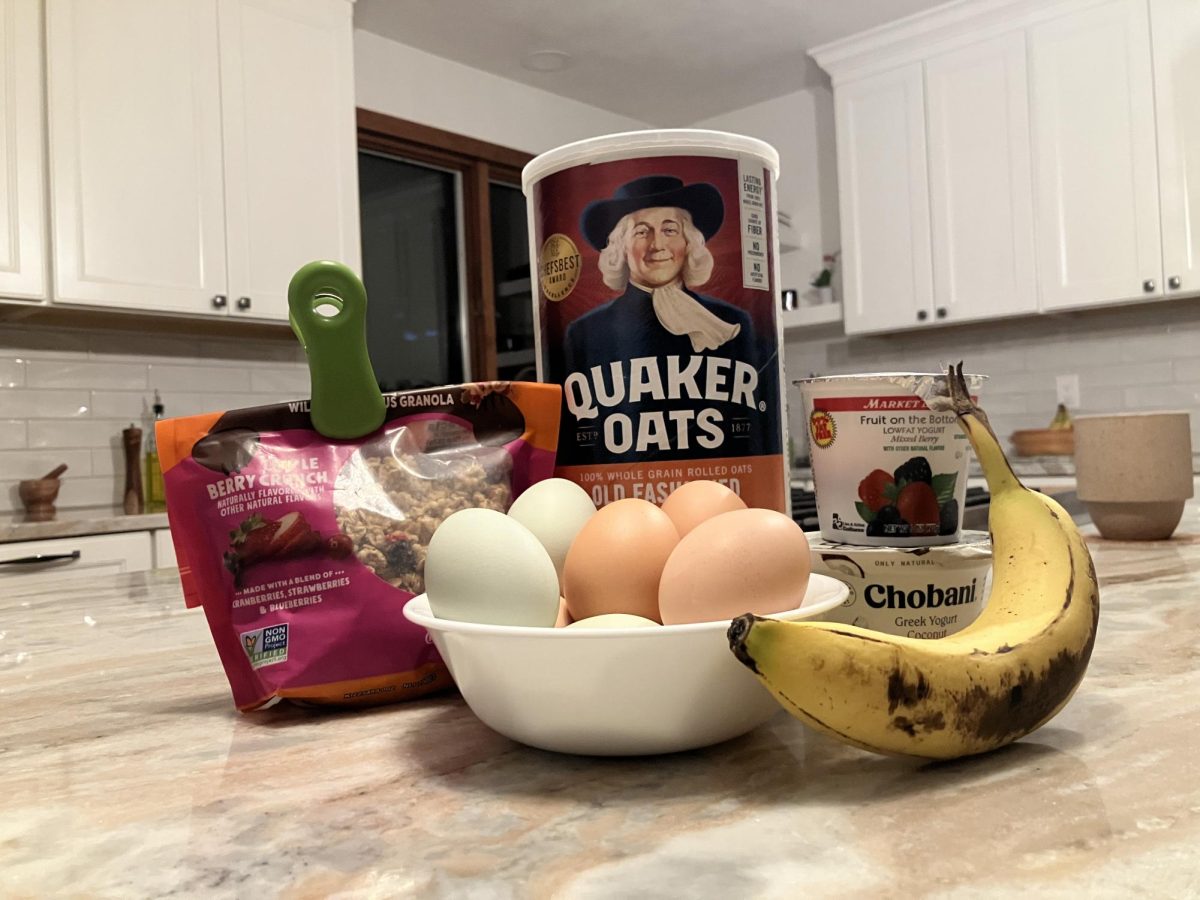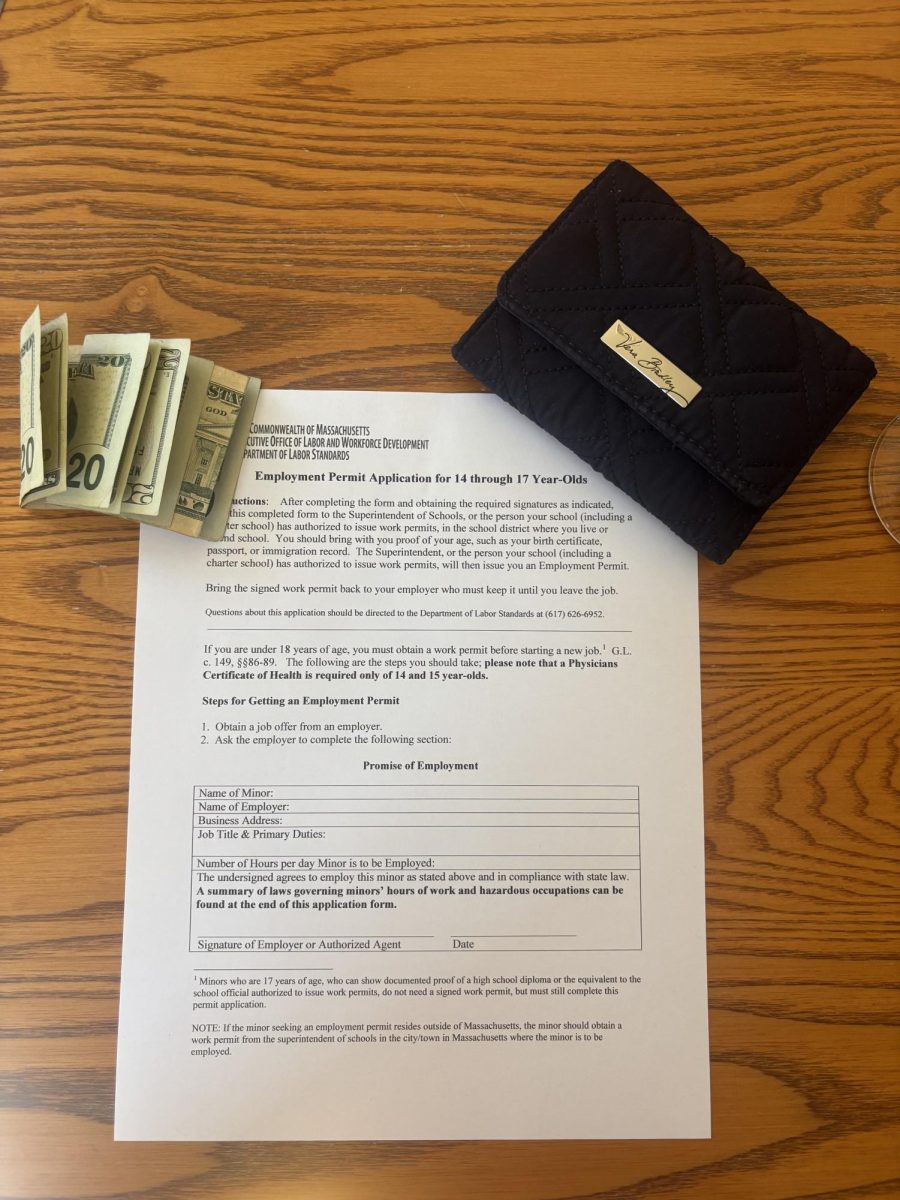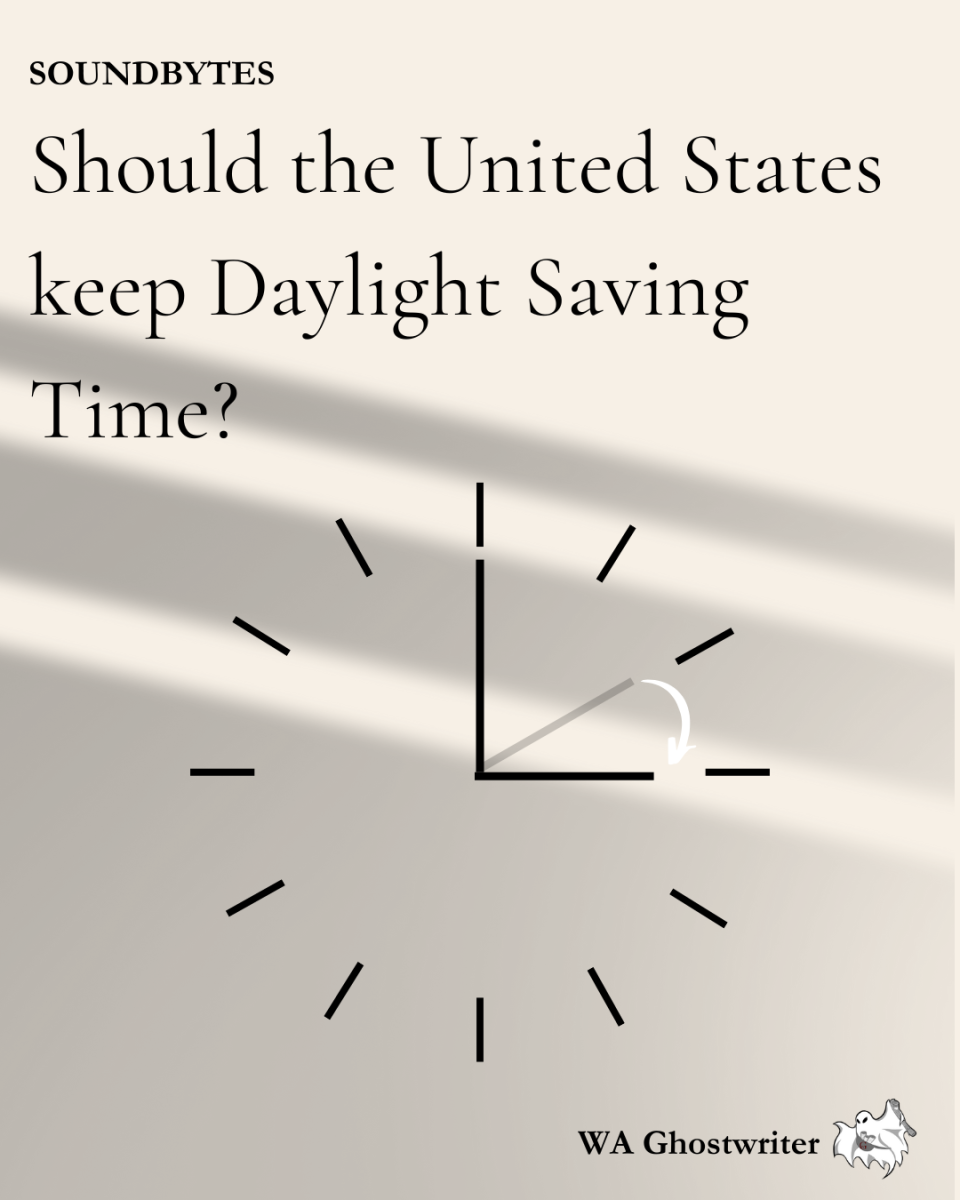In the midst of headlines about rising temperatures, intensifying natural disasters, and a recently released National Climate Assessment, a wave of climate change awareness has taken the forefront of many American minds. And the truth is, most people want to help, they just don’t know how.
With the holiday season approaching, keeping environmentally friendly is more important than ever. From Thanksgiving to New Year’s, household waste – whether it be plastic packaging, food, bows, wrapping paper, or even shopping bags—increases by more than 25%. This waste, on average, adds almost one million tons of trash into landfills each week during this time, releasing harmful greenhouse gasses and exacerbating environmental issues.

According to Environmental Club secretary, senior Estella Cui, balancing a festive holiday season with environment-friendly measures doesn’t have to lend itself to drastic changes; even small steps can make a difference.
“Changes can be scary, but there’s no harm in trying,” Cui said. “You don’t have to go out of your way too much, just things like turning off holiday lights in the daylight or turning off the heat when you leave the house. It’s not that much of a lifestyle change, but it’ll make a difference.”
Here are some small, yet impactful ways Westford residents can contribute to a more sustainable holiday season:
Avoid food waste
As one of the biggest food-waste days of the year, Thanksgiving leads to millions of pounds of thrown-out food. Almost 200 million pounds of turkey and a total of 305 million pounds of food were thrown-out in 2021. In Massachusetts alone, nearly 900,000 tons of food-waste is generated every year. When in landfills, food waste not only produces methane, a harmful greenhouse gas, but also puts the energy required to grow, harvest, and transport the food to waste.
Here’s what can you do:
1.) Plan your meals ahead
Preparing food for a large amount of guests can be overwhelming, and the urge to splurge on a wide array of ingredients is often heightened during the holiday season. To avoid this, be sure to count your guests, prepare recipes in advance, and, accordingly, buy just enough food ingredients. While leftovers are inevitable, planning ahead will help avoid food waste before the cooking even starts.
In addition, try planning for meals that involve overlapping ingredients, so you don’t end the weekend with half-used ingredients and packaging that don’t serve any further purpose. If you are looking for ideas, check out this Washington Post article that shares a full Thanksgiving meal plan with only 20 total ingredients, or this list of 5-ingredient recipes!
2.) Shop Locally
The benefits of shopping locally are various – including saving on energy spent on food transportation and buying products that are often fresh, without harmful pesticides and toxins. Click this link to find the nearest farmers market near you.
“Local farmers markets are super great,” junior Juliette Travassos, Environmental Club’s public outreach manager, said. “There’s often a good correlation between sustainability and better quality, so if you go the farmer’s market and get local goods, it’s great for you and the environment.”

3.) Get creative with leftovers
Save the environment – and a few dollars – by taking advantage of your leftovers! Whether it be turkey stock, loaded mashed potatoes, or a leftover filled sandwich, repurpose those extra ingredients into quick new meals. Check out this list of Thanksgiving recipes to make with your leftovers. BigOven.com is another helpful source, which can generate recipe ideas with any three leftover ingredients that are entered onto the site (to check out this feature, click here) The site also provides several recipe ideas to help you plan ahead, applicable to any holiday or gathering.
4.) Compost
By composting left over kitchen scraps and rotting left-overs, the amount of food waste generated can be largely reduced and released back into the soil. Composting is a great idea year round, but can be especially beneficial during the holidays, where so much food waste is thrown away to landfills.
An easy way to partake involves taking advantage of Westford’s new MOU (Memoriam of Understanding) with Bootstrap Compost, a compost pick-up service. With this MOU, Westford residents will receive a discounted price on a weekly or bi-weekly pick up of one bucket of compost. Once Bootstrap compost receives 120 or more sign-ups, residents will only have to pay a $5 for weekly-pick up and $7 for bi-biweekly pick up. If you are looking for an even cheaper option, look no further than your own home. Here is a guide on composting at home during the holidays.
Practice less wasteful gift giving and decor
The thrill of receiving new items and the thoughtfulness of gift-giving is undoubtedly a large part of the holiday experience. Unfortunately, these packaged goods and often-unused materials are also where a majority of holiday waste stems from.
5.) Buy sustainable gifts
A great way to reduce waste is gifting reusable items, such as handmade crafts, books, baked goods, or hand-knitted clothing. In addition, gifts that focus less on a material item and more on the experience, such as trips to theme parks, movie tickets, gift cards to a restaurant, are also helpful for personalizing the gift while reducing waste.
In their effort to help encourage sustainable buying, the Environmental Club will be selling hand-made journals made out of recycled paper, along with jade plants and eco-friendly bracelets at the Holiday Bazaar, for example. Other clubs will also be selling an array of handmade, sustainable items, as detailed in this Ghostwriter article.
6.) Consider your wrapping paper
With more than 2.4 million pounds of wrapping paper entering landfills each year, simply taking the time to properly discard your wrapping paper, or even invest in re-usable variations can make a large impact.
For example, consider investing in biodegradable wrapping paper, such as this brown variation. Biodegradable paper, when disposed of, turns into cellulose, and doesn’t pollute landfills.
Although avoiding wrapping paper entirely may be nearly impossible, an option that may be more financially feasible includes taking any used wrapping paper to your local recycling center. While most plain wrapping papers are recyclable, always check the label, noting that paper that has been dyed, laminated, or contains plastics or glitter, cannot be recycled and should be disposed of in a trash bin. Also, be sure to check out Westford’s holiday recycling reminders here.
Bonus: Turn off the lights!
This is a commonly shared tip – and for good reason. According to a study done in 2008, seasonal lights account for almost 6.6 billion kilowatt hours of electricity consumption. During the day time or when not in use, always remember to turn off any electrical decorations, such as hanging lights. If you are prone to forgetting, a great option is to set your lights on a timer, which will automatically turn the lights on and off at specific times.
When buying decorative lights, always opt for LED lights, rather than traditional incandescent bulbs. LED lights can use up to 90% less energy and last years longer, which is a huge benefit when it comes to saving energy. Not only is this a super practical and easy step to take, but one that will save both electricity and money in the long run.
To calculate how your holiday light usage adds up, check out typical usage info here and prepare accordingly.
_________________________________________________________________________________
As this holiday season brings its share of cheer and joy to our community, remember to take steps—big or small—in reducing waste. Whether it be purchasing a slightly more useful gift or reusable wrapping paper, each mindful choice brings the world closer to a more sustainable future.
“With the holidays coming up, it’s really important to think a little bit outside of yourself,” Travassos said. “The whole point of holidays is to spread joy and not just have a good time for yourself, but also to make a positive impact on other people and the world around us.







